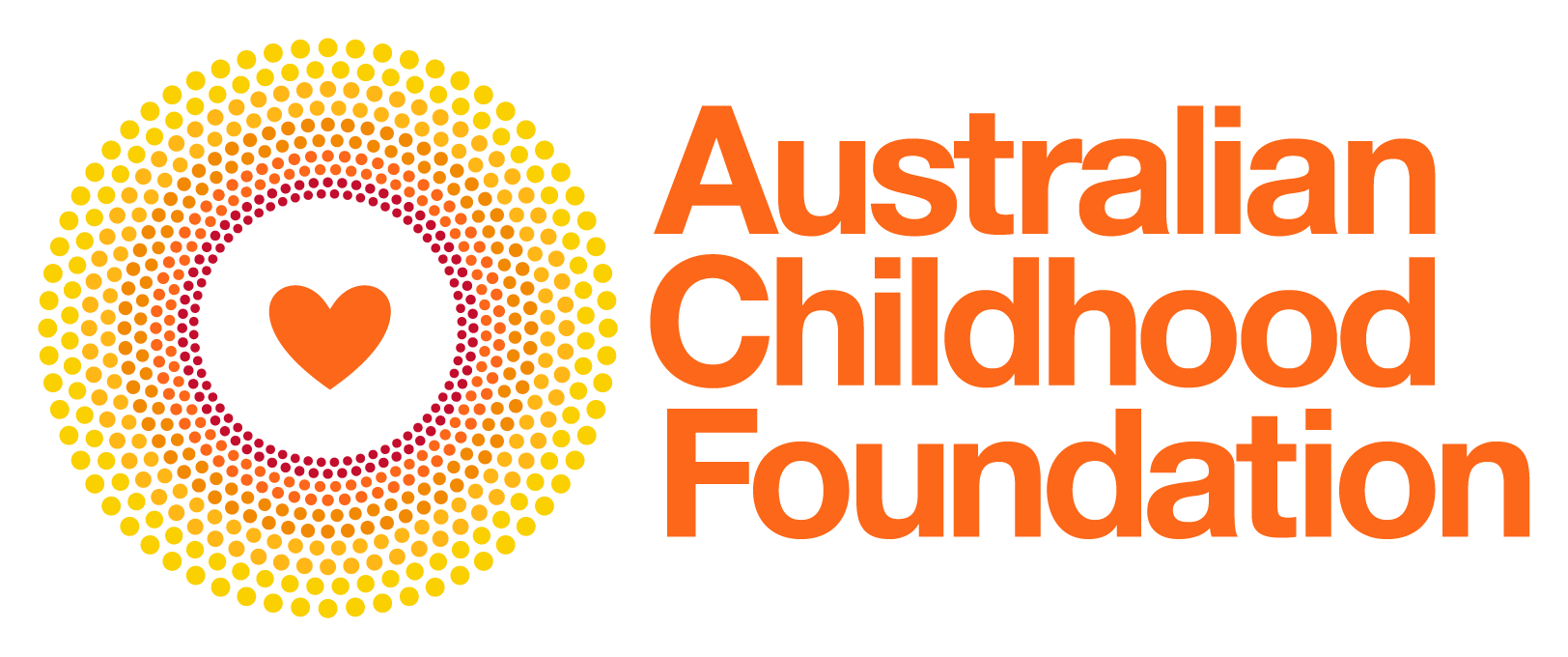The best gift ever
Finding out what you don’t remember
One of the consequences of suffering abuse and violence for children is that their memory for things that happen to them becomes very fragile. They do not remember the positive experiences they may have had since the trauma. They forget people, places, significant events like birthdays and other achievements. Without these sorts of memories, they find it much harder to develop a sense of who they are and how important they are to others around them.
All of this is made even worse when they are forced to move from one placement to another to another. In those circumstances, everything is a blur. They lose connection with carers who have connected with them. They forget their faces. They forget the things they shared. They do not hold onto friends. They stop really knowing themselves. They do not trust any of the memories they have. They find it hard to trust.
Melanie is a 15 year old girl who has been receiving counselling from one of our therapeutic specialists for some time now. She has been in care since the age of three after she was removed from his parents who were violent towards her. Over this period, she has been through 25 different placements. In her adolescence, she has so many questions about her life. Who looked after her? What schools did she go to? Who were her friends? Did she have any pets? What was she like when she was younger? Were there any photos of her when she was playing sport? What did she like to eat?
These are all the sort of questions that many teenagers have as they begin to explore the kind of adult they are going to become. The problem for Melanie is that she did not remember much of her life. The memories she did have were painful and hard for her to experience.
In her counselling, Melanie asked Tanya – her Therapeutic Specialist at the Foundation – to help her find out and understand where she had lived, why she had moved so many times and what sort of child she had been. Tanya spent four weeks finding out about her history in official records held about Melanie with government departments and foster care agencies. She found out as much as she could.
Tanya and Melanie also put together a playlist of all the songs that Melanie liked and made her feel good about herself. Some of the songs that Malanie chose has special meaning to her because they had helped her get through a difficult time in her life.
Over the course of four really intense counselling sessions, Tanya rolled out a big piece of butchers paper. And slowly and patiently began to draw and represent in one long time line Melanie’s story. It was like one long road that had lots of stories about Melanise and all the things that had happened along the way.
Melanie cried and laughed about information that she was hearing for the first time. The music played in the background the whole time. Melanie heard stories about people who had loved her and had held her close. She also found out more about her mum and dad and what happened when she was very young. Some of this story was hard to hear.
Melanie talked about some of the unfinished business that she was carrying with her, and together they decided to write letters to three of her carers from her past. She wanted to reconnect with them and find out some more about herself. Melanie was able to understand that what happened to her was not her fault. She learnt that she had qualities of persistence and courage – and she started to see herself a little differently. She was not a damaged kid who could not remember anything about herself. She was a brave young person who had survived a lot and was still trying her best.
Melanie learnt that she had played the piano when she was younger and was known to be good at it. Melanie had no idea she could make music. In subsequent sessions, Tanya organized for Melanie to have access to a piano. And Melanie began to play, and played beautifully, the music falling from her as if it had been waiting to come out for so long. Melanie is now having piano lessons again.
There are still worries about Melanie and how she is feeling about herself. But she is doing much better at school. She has a new group of friends. And her carers also understand her more and are committed to making her part of their family.
It is often not the tangible presents of material things that make the difference for children. For children who have experienced trauma, the most important gift they can receive is a chance to learn about who they are and have the memories of themselves that they are entitled to have.
